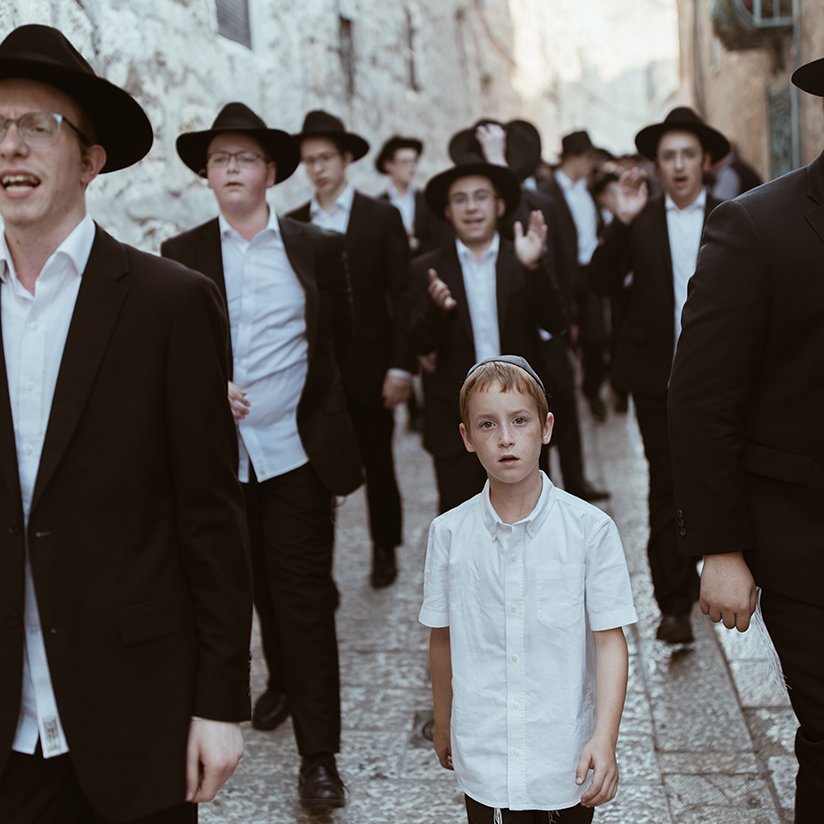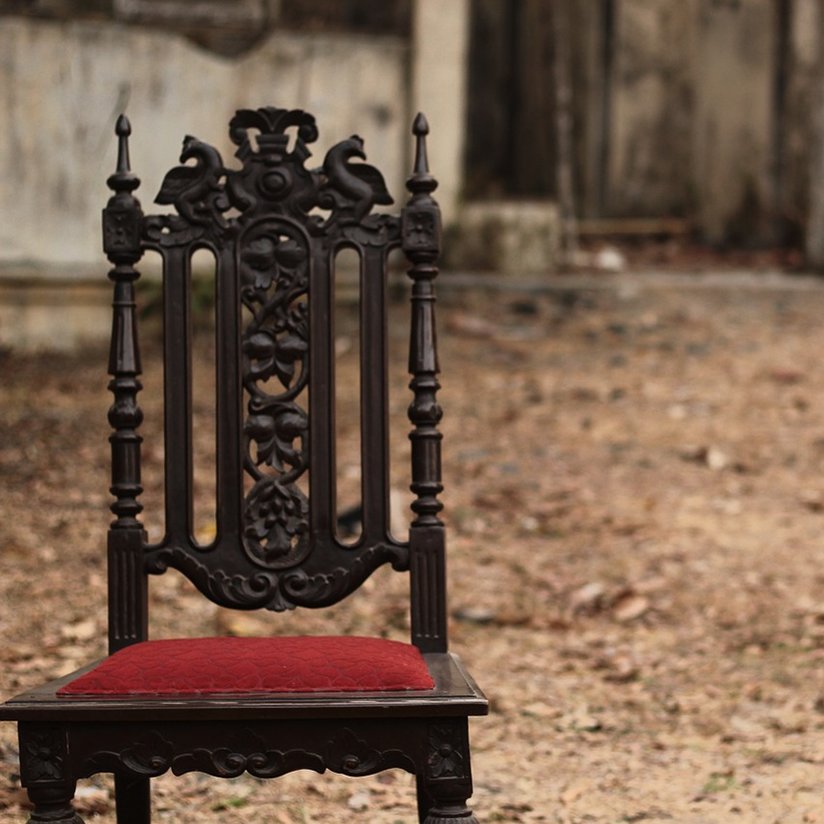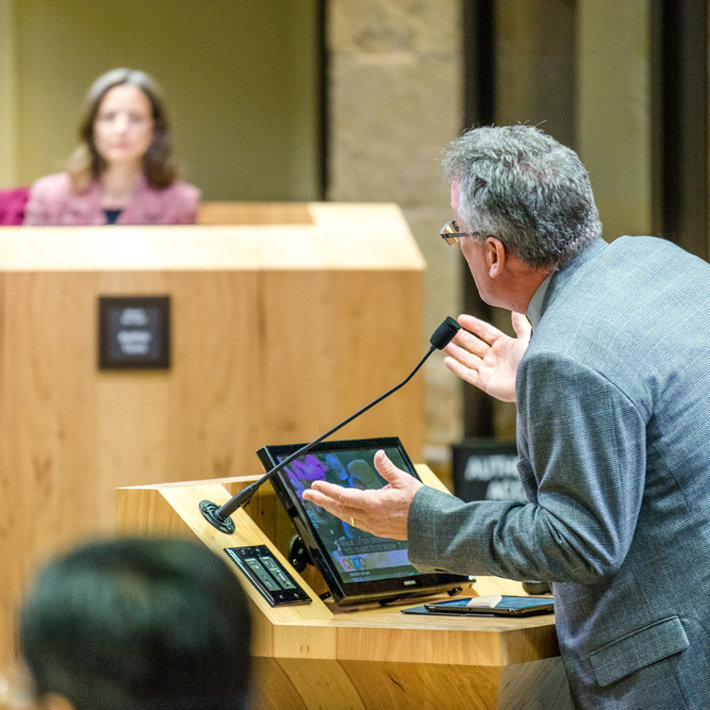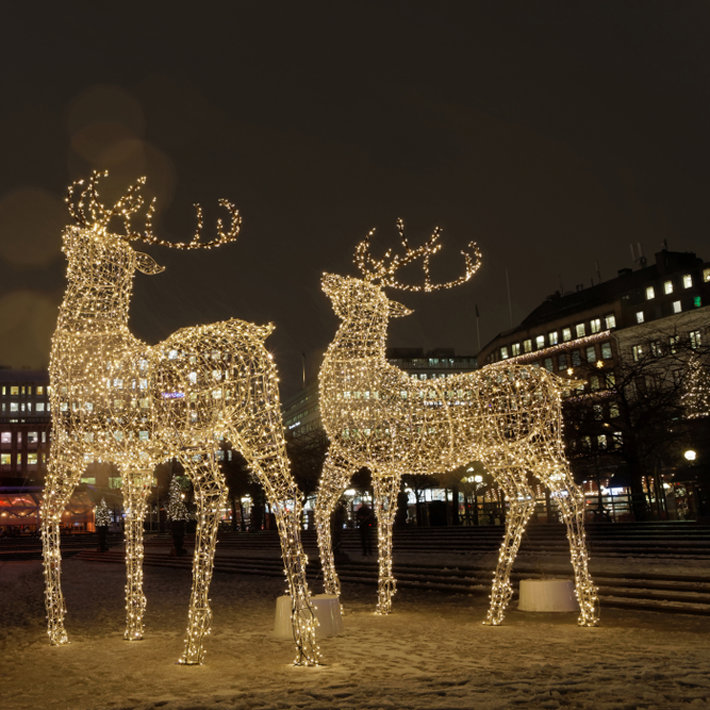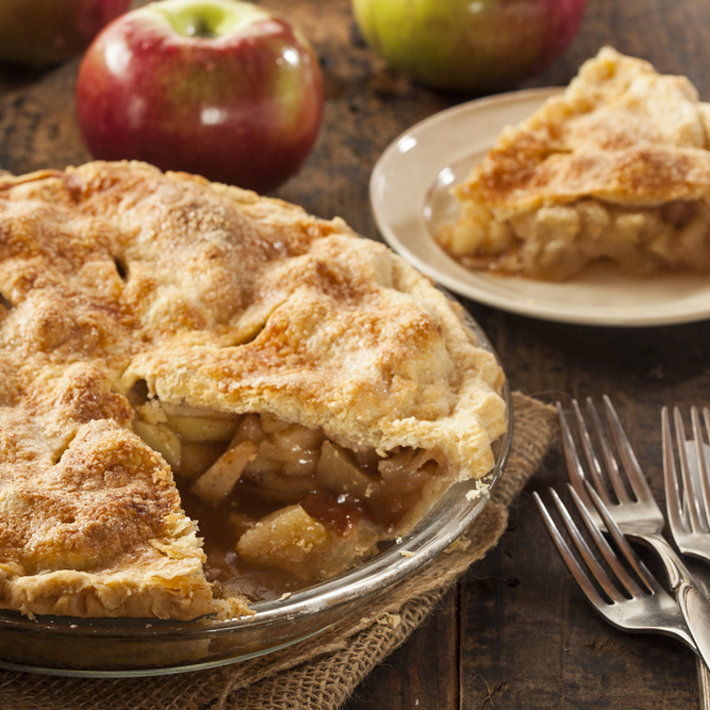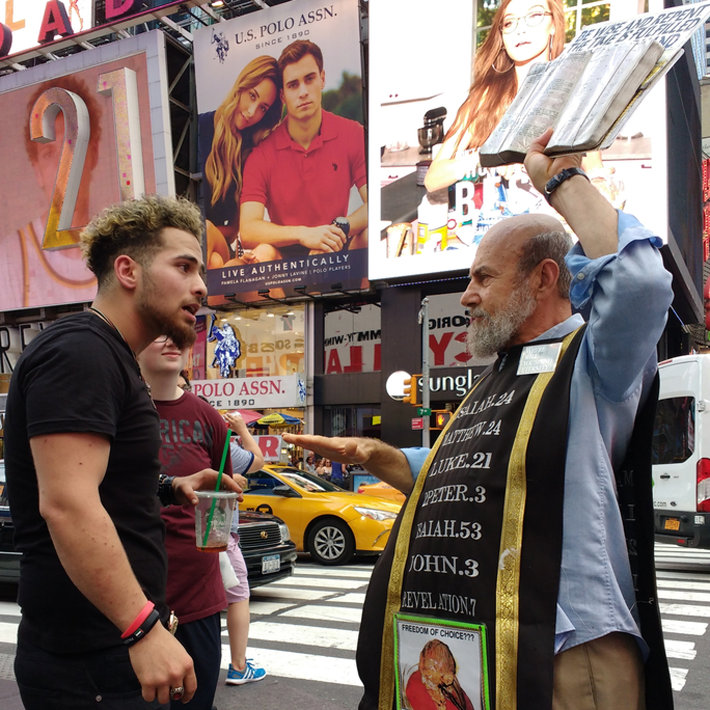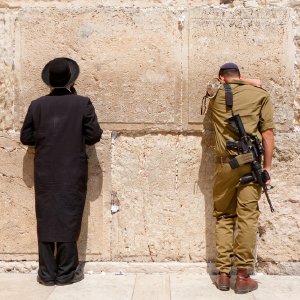TAGS
TOLERANCE
TOLERANCE
When I was a child in France, the word “culte” just meant “worship.” Still does. In fact, when intolerant types there want to disapprove of some faith, they have to call it a “secte.” Of course, in the USA a cult can be anything from “the cult of skinny jeans” to some dark, authoritarian thing.
TOLERANCE
Sometimes YOU (not the other guy) are the one who has to change. I’ve learned that many times in my life.
SCIENTOLOGY RELIGION
I am a Scientologist of over 35 years, and my friends and I are here to tell you that we are no different from you.
TOLERANCE
How many times have you tried to change someone’s mind about something by indicating where they were wrong? Did that work for them or for you?
TOLERANCE
In my last post, I made the point that the Founders’ purpose in providing for free exercise of religion and prohibiting religious establishments was not so much about building a wall of separation as it was about freedom.
TOLERANCE
I enjoy the lights, the decorations, the carolers, the smell of Christmas trees everywhere and most of all I love that people, for even a couple of weeks, try to be just a little bit nicer to each other.
TOLERANCE
One day when I was a kid, my mom brought an apple pie home from the bakery. This was a rare occurrence in our sugar-rationed household and therefore a very big deal to me. I, personally, had an open-door policy on sugar.
RELIGIOUS LITERACY
As a child, I vaguely remember listening to adults talk and sometimes argue about whose religion was the “true religion.” This was in New Jersey in the 1960s, and no one ever got too loud but there were clearly differences of opinion being expressed.
TOLERANCE
How do we reconcile the fact that religious freedom for one person could violate the basic human rights of another? If someone doesn’t want to bake you a cake for your wedding because they don’t support you getting married based on their personal religious conviction, where is the middle ground (if it even exists)?
COMBATING BIGOTRY & HATE
I recently came across this piece and found it to be a beautiful, uplifting and timely response by Rabbi Marc Gellman to a bigoted question about religion.

